Art performance by artists from Ho Chi Minh City at the rehearsal ceremony. (Photo: DUY LINH)
For many years now, especially on the occasion of the April 30th Liberation Day, hostile forces have been actively spreading false arguments, spread through platforms such as Facebook, YouTube, or overseas websites, among which the most prominent is the fanpage of the terrorist organization Viet Tan, or pages with reactionary content such as "Dan Chim Viet", "Nhat ky yeu nuoc",...
The information posted on these sites is often disguised as “historical analysis” but is actually fabricated information that distorts the truth. For example, calling the April 30 victory “a day of national hatred” or “black April”, claiming that it was the result of a “fratricidal civil war” or “ideological war”.
Some people slandered the North for “invading” the South, denying the just nature of the resistance war against the US imperialists and their puppet regime. Others claimed that Saigon before 1975 was the “Pearl of the Far East” with a highly developed economy , and that if there had been no April 30, the South would have been as rich and powerful as South Korea and Singapore.
Many articles from the terrorist organization Viet Tan have denied the Party's leadership role, claiming that the April 30 victory was the result of "concessions" from the US, and at the same time blatantly fabricated information that, after 1975, Vietnam fell into a state of "poverty and lack of democracy". Under the guise of "national reconciliation", reactionary forces have also called for the abolition of the April 30 anniversary, called for protests, incited hatred, and divided Vietnamese people at home and abroad.
Recently, the terrorist organization Viet Tan also published “Document 50: Vietnam's half-century of backwardness and the way out for the future”, in which it continued to call the April 30 victory a “shameful stain” and denied the country's development achievements after 50 years of unification.
Taking advantage of the development of digital technology, reactionary elements seek all kinds of sophisticated and cunning ways to spread false information, targeting the psychology of a group of young people who lack historical knowledge or Vietnamese people living abroad who have discontented thoughts. Their goal is to spread distorted and untrue perceptions about the resistance war against the US to save the country and the events of April 30, 1975. From there, they lower the leadership role of the Communist Party of Vietnam , defame the revolutionary government, divide the great national unity bloc, and shake the people's confidence in the path to socialism in Vietnam.
To combat these distortions, it is necessary to rely on verified historical facts, objective assessments from the international community and Vietnam’s practical achievements over the past half century. Contrary to the arguments calling the resistance war against the US a “civil war” or “invasion”, the victory on April 30, 1975 was the result of a just struggle against US imperialism and its puppet regime, aiming to regain independence, freedom and national unity.
This resistance war was a continuation of the thousand-year tradition of the Vietnamese people fighting against foreign invaders, led by the will of President Ho Chi Minh: “Nothing is more precious than independence and freedom”. After the 1954 Geneva Agreement, the US intervened in the South, established the Republic of Vietnam government to divide Vietnam, turning the South into a new type of colony. Millions of tons of bombs and bullets were dropped on the S-shaped strip of land, the brutal repression policy of the puppet government forced the people of the South to rise up and fight.
The historic Ho Chi Minh Campaign, with the concerted efforts of the entire people and army, ended the 21-year resistance war, bringing our country into an era of independence and unification. This historical fact has been recognized by the international community.
Hundreds of telegrams and speeches from more than 100 countries, international organizations and political activists praised the victory of April 30, 1975 as an "unimaginable miracle" (American historian Larry Berman, in the book No Peace, No Honor) or "a symbol of bravery" (People's Daily, China, issue of May 1, 1975).
Even former US Secretary of Defense Robert McNamara, in his memoir In Retrospect (1995), admitted that the Vietnam War was a “tragedy” due to US political mistakes. These documents are still stored at international and Vietnamese research centers such as the Vietnam Military History Institute, and are undeniable evidence of the righteousness of the resistance war.
The claim that the South before 1975 was the “Pearl of the Far East” and could have developed like South Korea if not for April 30 is a blatant fabrication. In fact, the Republic of Vietnam’s economy was heavily dependent on US aid, with more than 80% of its budget coming from foreign funding, according to a report by the United States Agency for International Development (USAID) in 1970. A US government survey that same year showed that about 40% of Saigon’s population lived in slums, while the majority of the rural population faced poverty and instability due to the war.
Saigon may be prosperous in some central areas, but it is a false prosperity, serving the interests of the upper class and the American military, not reflecting the lives of the majority of the people. If it had not been for April 30, 1975, the South might still be under foreign domination.
Immediately after the liberation day, the revolutionary government quickly stabilized the situation, ensured people's lives, and there was no "revenge" or "purge" as the hostile arguments deliberately spread. Policies of national harmony and reconciliation were strongly implemented, creating conditions for tens of thousands of intellectuals, former cadres and people in the South to study, work and participate in the process of building and developing the country.
It is also necessary to see that, in the years after the war, our country faced countless difficulties. Bombs and bullets of war destroyed the infrastructure, the economy was exhausted, and millions of people fell into poverty. But instead of weakening or collapsing as the enemy expected, Vietnam gradually stood up and overcame with the willpower, determination and intelligence of the entire nation.
We have carried out the renovation process since 1986 - a revolutionary decision, paving the way for integration and development. From a poor, embargoed country, Vietnam has now become the leading dynamic economy in the Asia-Pacific region, an attractive destination for global investors.
Looking back 50 years after reunification, Vietnam has gradually "changed its skin". According to the General Statistics Office, in 2024, Vietnam's GDP per capita is estimated to reach more than 4,300 USD. The multidimensional poverty rate is only below 2%. The infrastructure system from rural to urban areas has been significantly improved.
Achievements in education, healthcare, digital transformation and environmental protection have been highly appreciated by the international community. Vietnam has served as a non-permanent member of the United Nations Security Council three times, and is a member of the United Nations Human Rights Council for the 2014-2016 and 2023-2025 terms.
Vietnam has successfully organized many international events such as the APEC Conference 2017, the US-North Korea Summit 2019, and the upcoming Vesak Festival 2025. These successes have important contributions from the victory of April 30, 1975.
Protecting historical truth is not just the job of authorities, historians, or the propaganda press. It must become a common task of the whole society, especially in education and communication.
Currently, we are facing the challenges of globalization and the development of digital technology. Hostile forces are looking for every way to spread and disseminate toxic information on social networks. Content that distorts, sensationalizes, and distorts historical truths is produced systematically and sophisticatedly, disguised as "different perspectives", "personal narratives", hidden under the guise of "freedom of speech", "declassified history" very easily causing young people - especially the generation that did not experience war - to be confused, wavering, and skeptical.
Therefore, protecting historical truth is not only the job of authorities, historians, or propaganda press. It must become a common task of the whole society, especially in education and communication. We need to innovate the way we tell historical stories, combining official history with everyday stories, creating an emotional bridge for the younger generation to understand and love our country's history.
Documentaries about living witnesses, reports about Truong Son soldiers in the past, trips to historical sites, contests to learn about the April 30 victory for students, etc. are practical ways to make history come alive and closer to the younger generation. In addition, each citizen needs to become a "protector of historical memory", ready to speak out, expose false information, and participate in building a healthy and humane cyberspace.
The victory of April 30, 1975 was not only the end of a war, but also the beginning of a journey to build and develop the country to rise to “stand shoulder to shoulder with the world powers” as President Ho Chi Minh wished. It was the victory of justice over violence, of the desire for independence over foreign oppression, of the people’s hearts over the enemy’s intention to divide and annex. It was a brilliant milestone, not only for the Vietnamese people but also for progressive, peace-loving humanity.
Distorted arguments, no matter how they are spread, cannot diminish the value and significance of this event. Those who deliberately deny it are going against historical truth, betraying the trust and aspirations of tens of millions of Vietnamese people.
50 years have passed, our country is transforming strongly to enter a new era. The values and spirit of the April 30 victory are still intact, thereby awakening in each of us the responsibility for promoting the value of history in the cause of building and developing the country to achieve outstanding achievements in the era of rising up.
Source: https://nhandan.vn/chien-thang-3041975-su-that-lich-su-khong-the-xuyen-tac-post876113.html



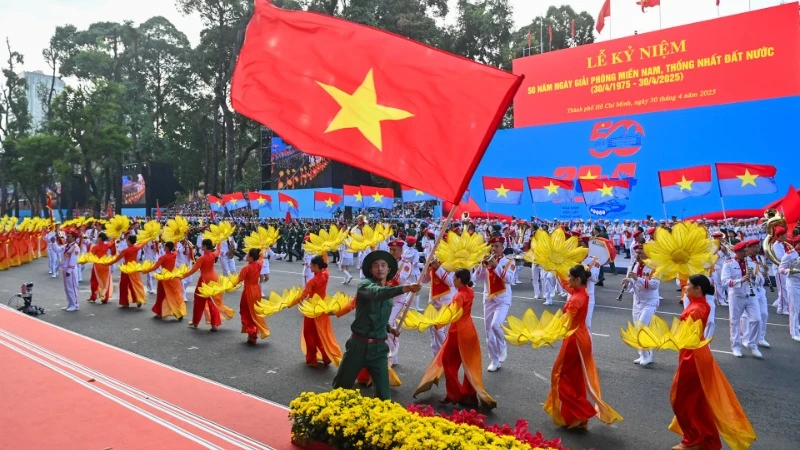

![[Photo] Prime Minister Pham Minh Chinh chairs the conference to review the 2024-2025 school year and deploy tasks for the 2025-2026 school year.](https://vstatic.vietnam.vn/vietnam/resource/IMAGE/2025/8/22/2ca5ed79ce6a46a1ac7706a42cefafae)

![[Photo] President Luong Cuong receives delegation of the Youth Committee of the Liberal Democratic Party of Japan](https://vstatic.vietnam.vn/vietnam/resource/IMAGE/2025/8/22/2632d7f5cf4f4a8e90ce5f5e1989194a)



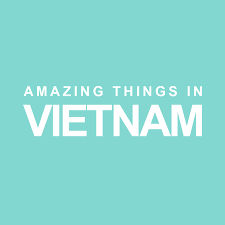
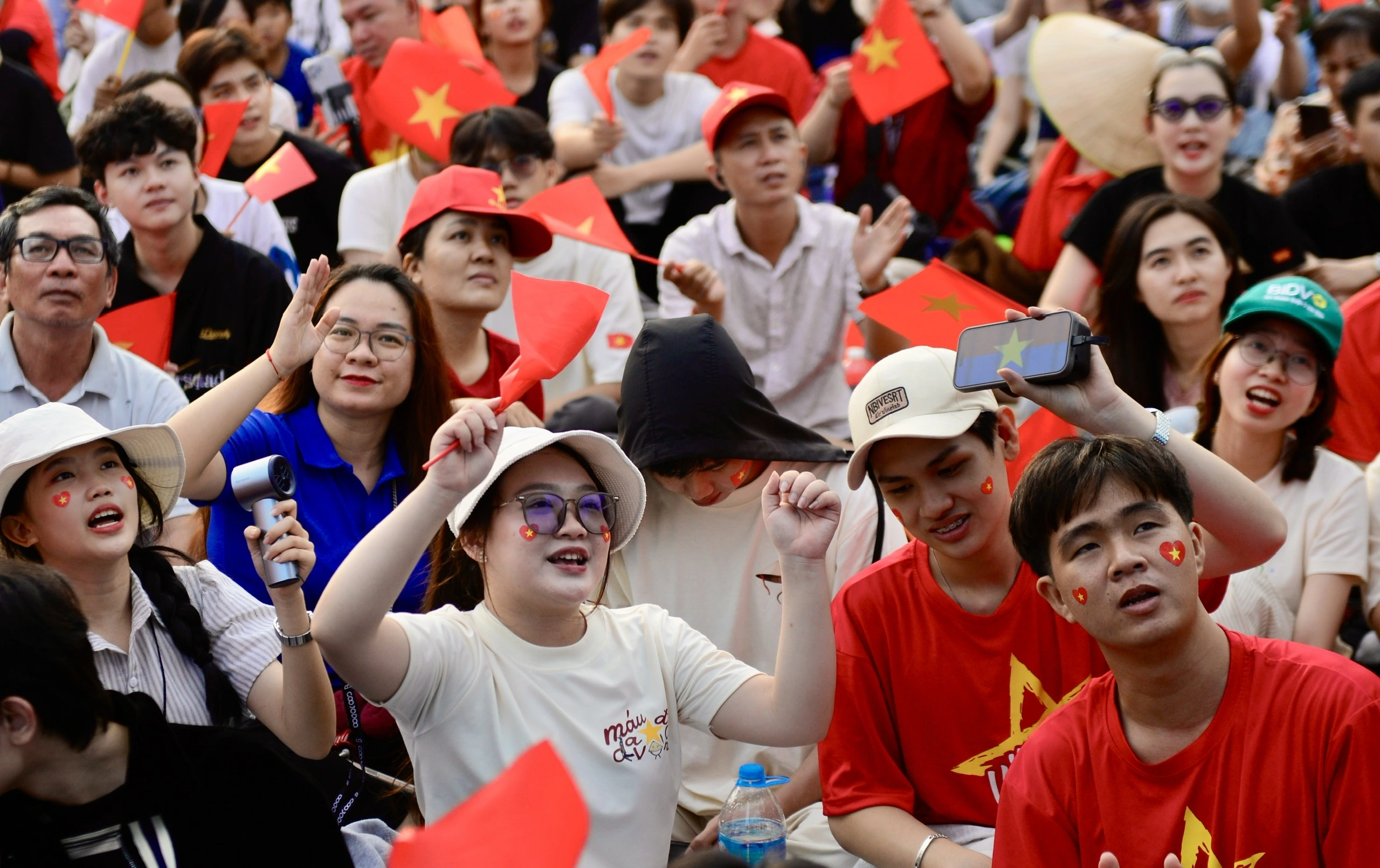

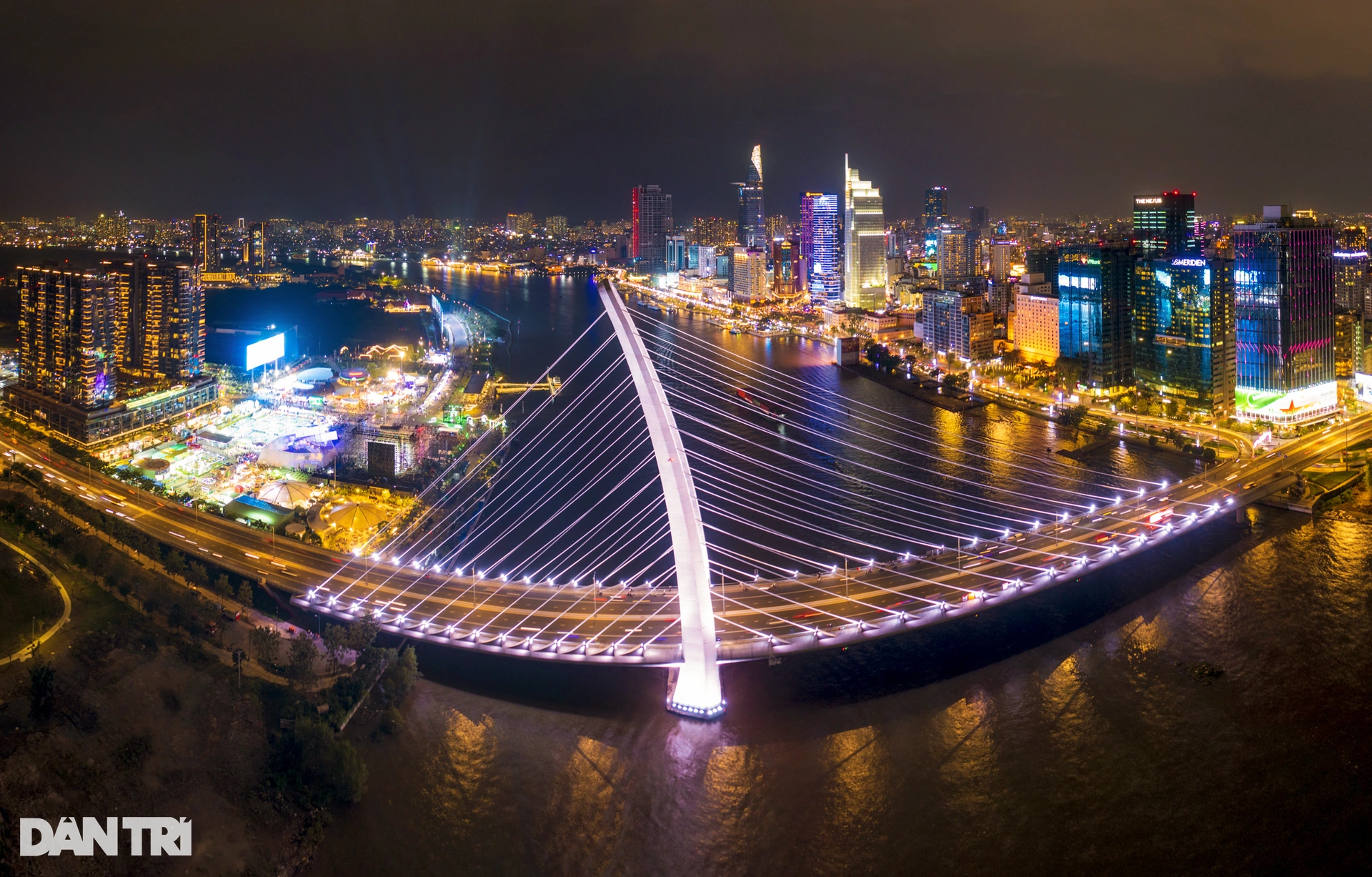

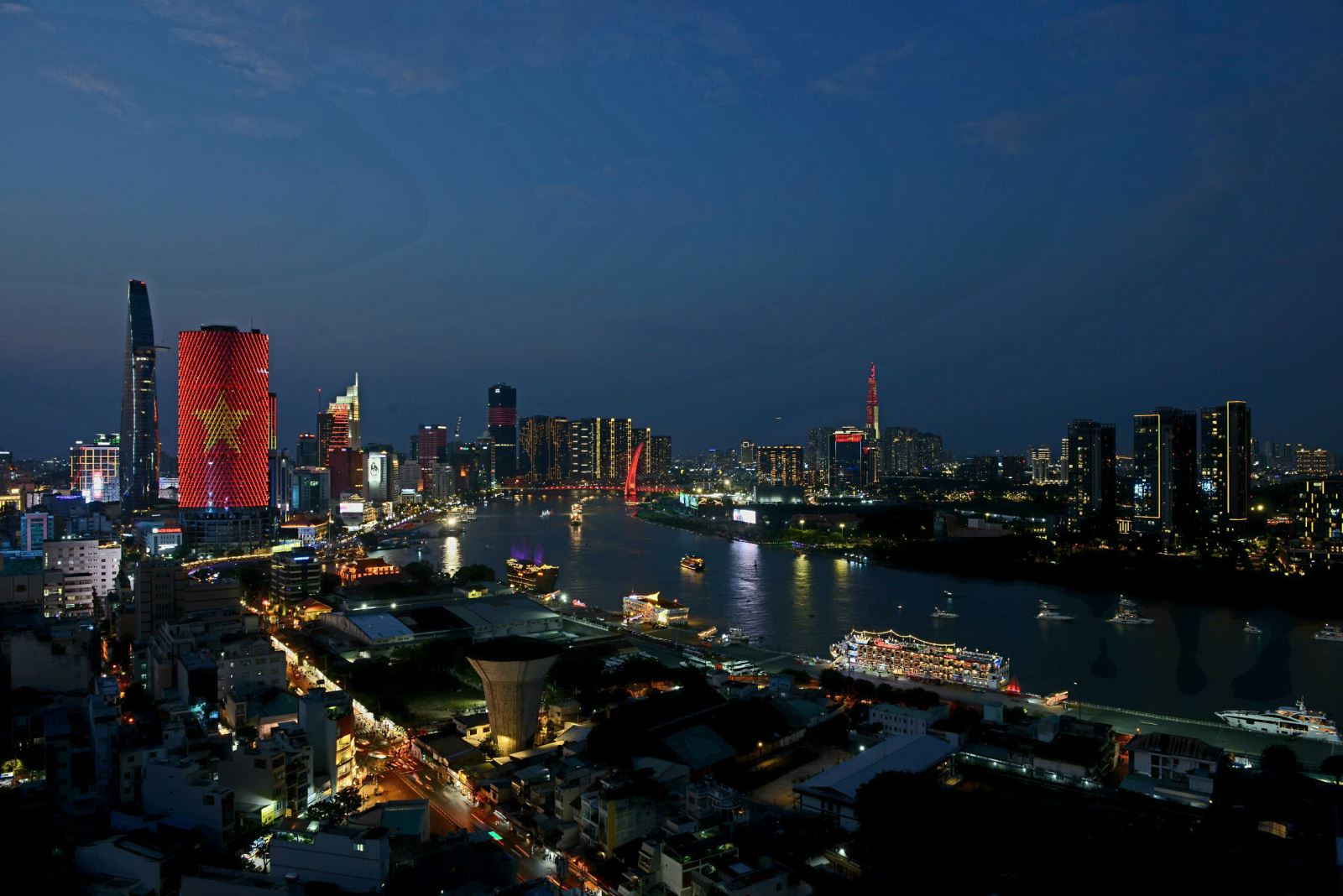



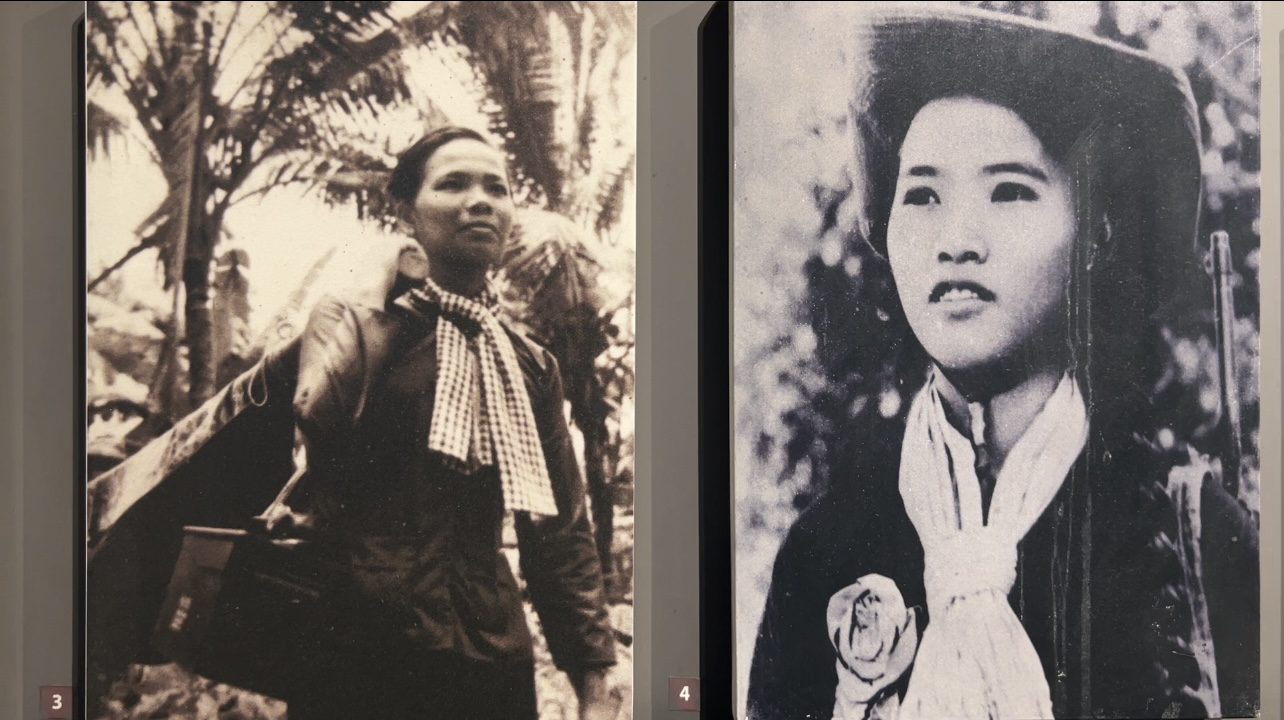


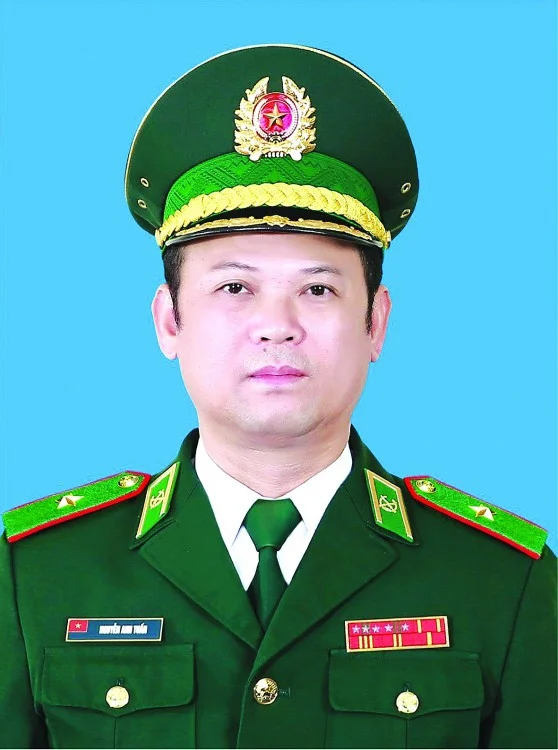










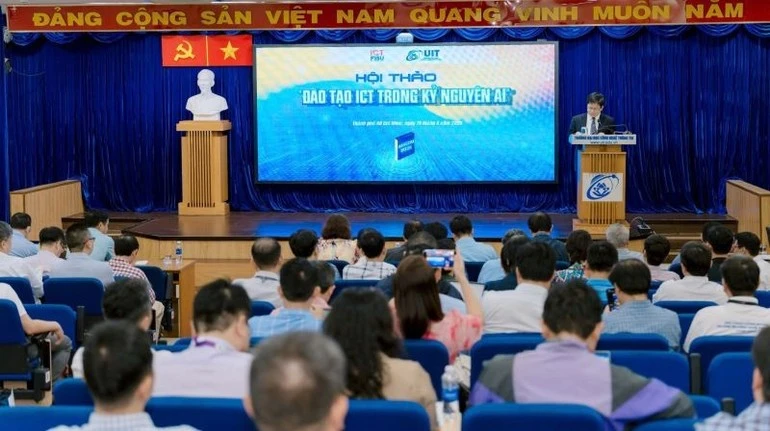
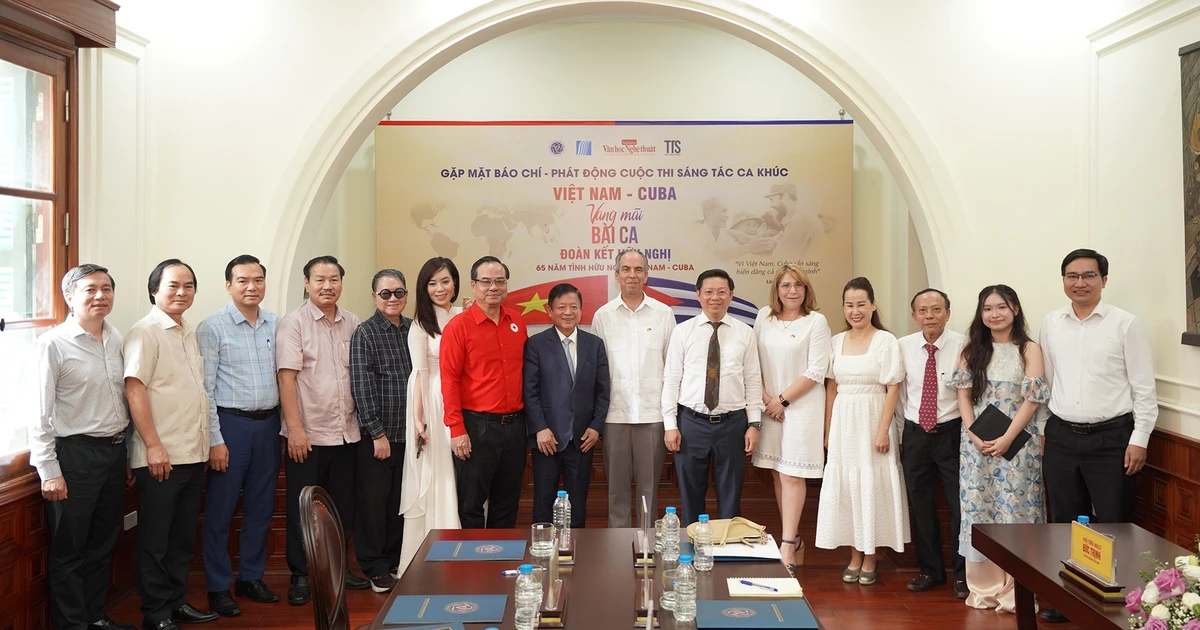
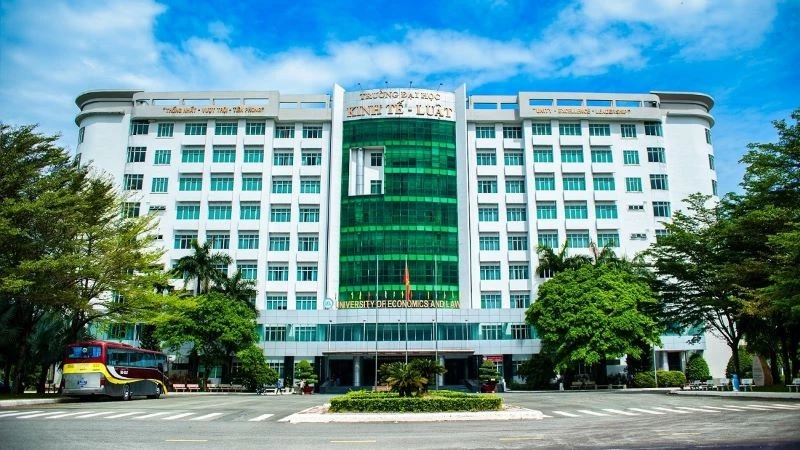
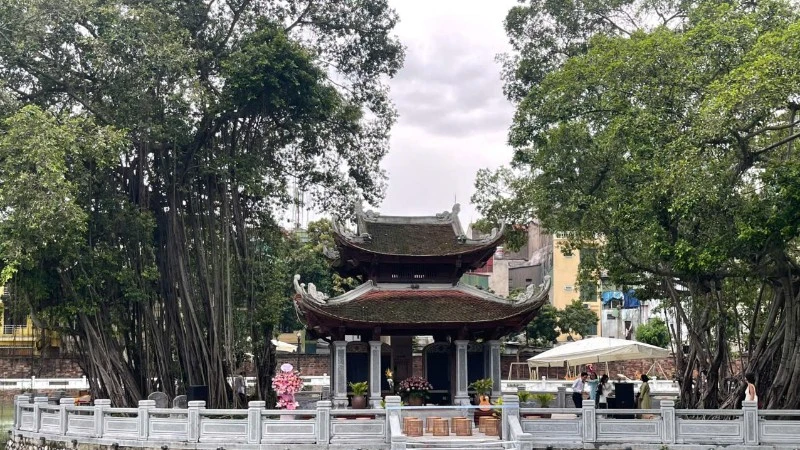
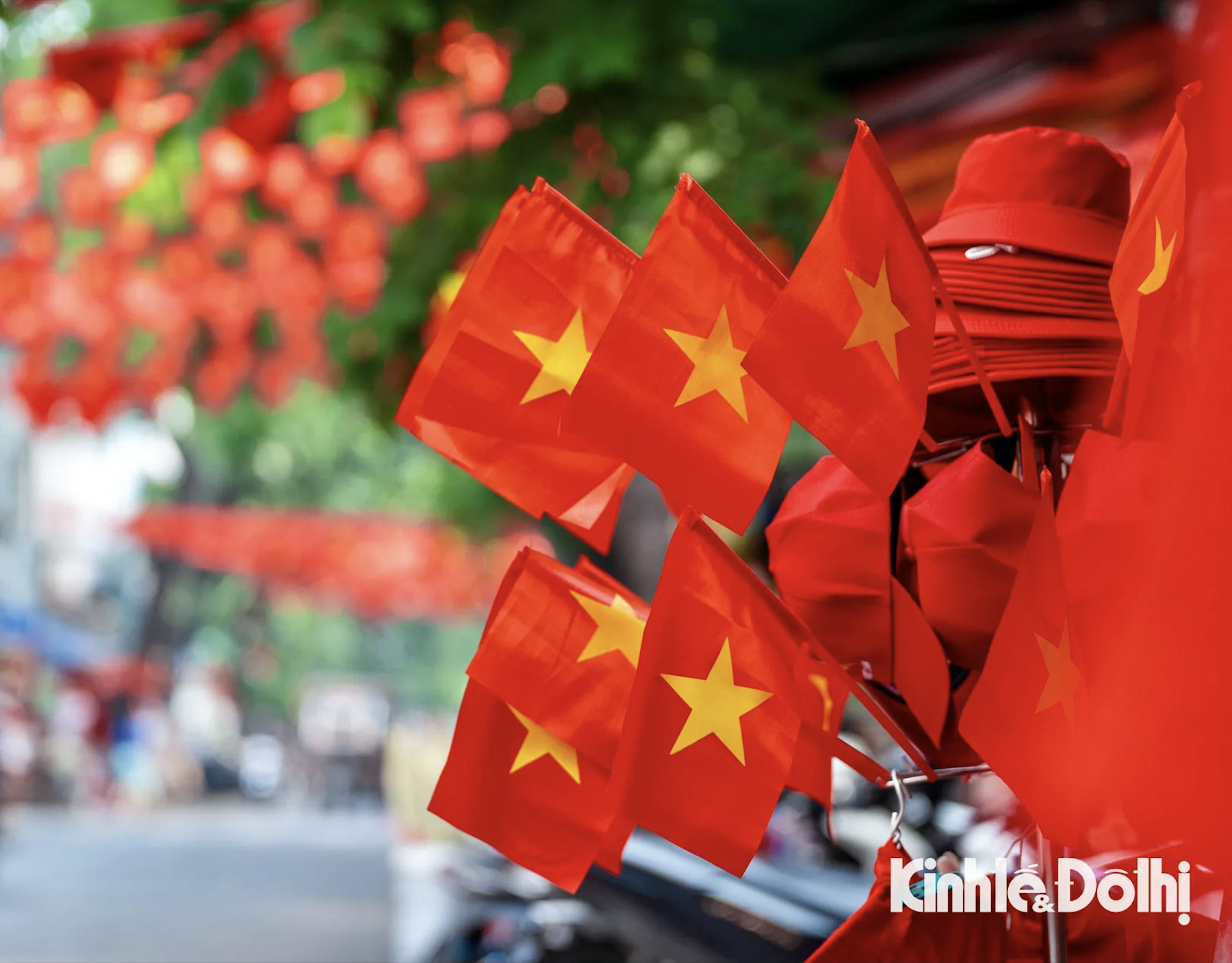






































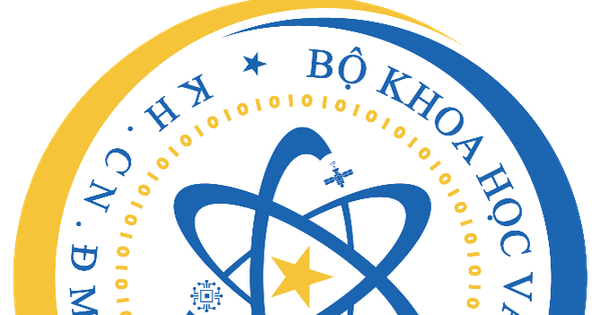




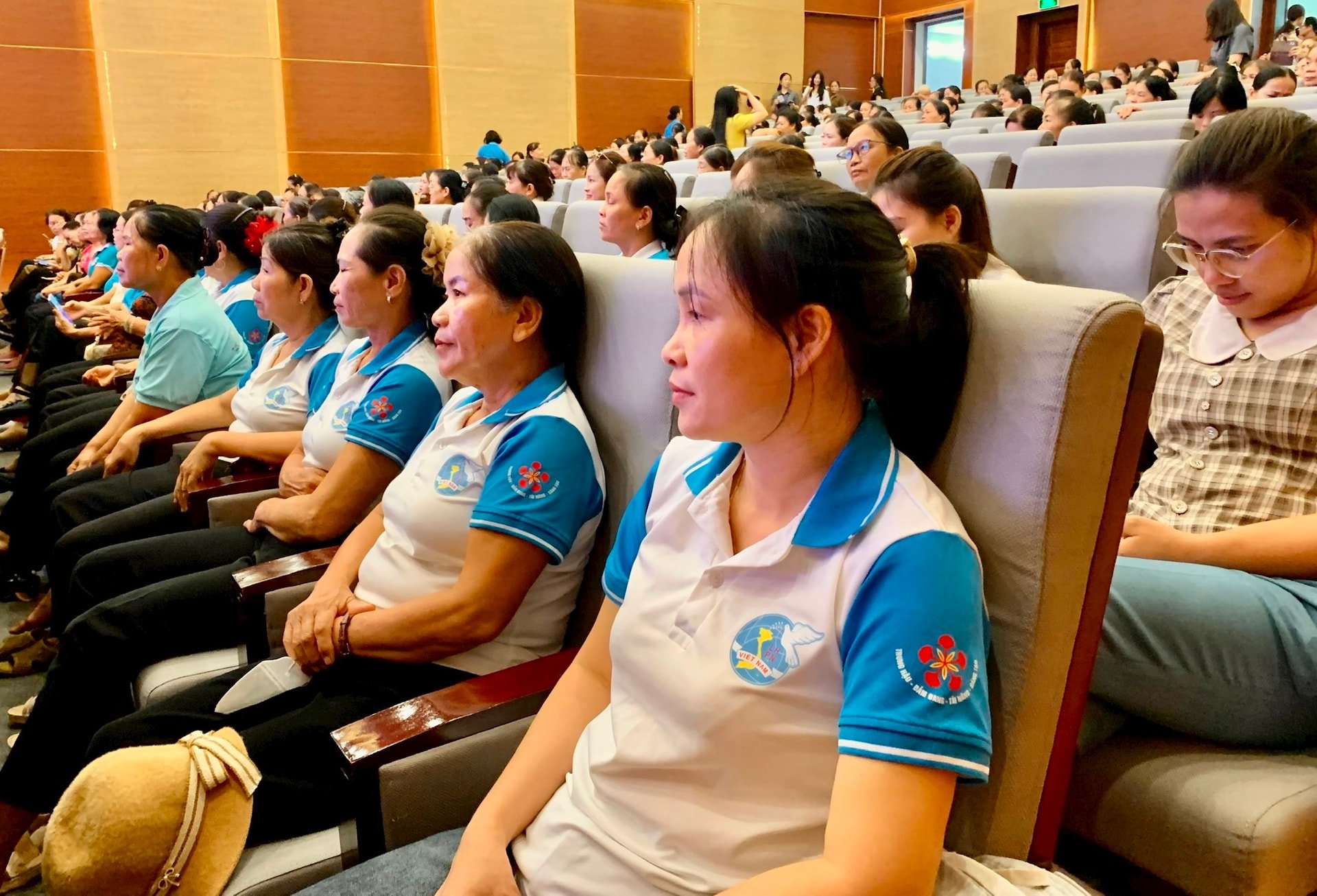


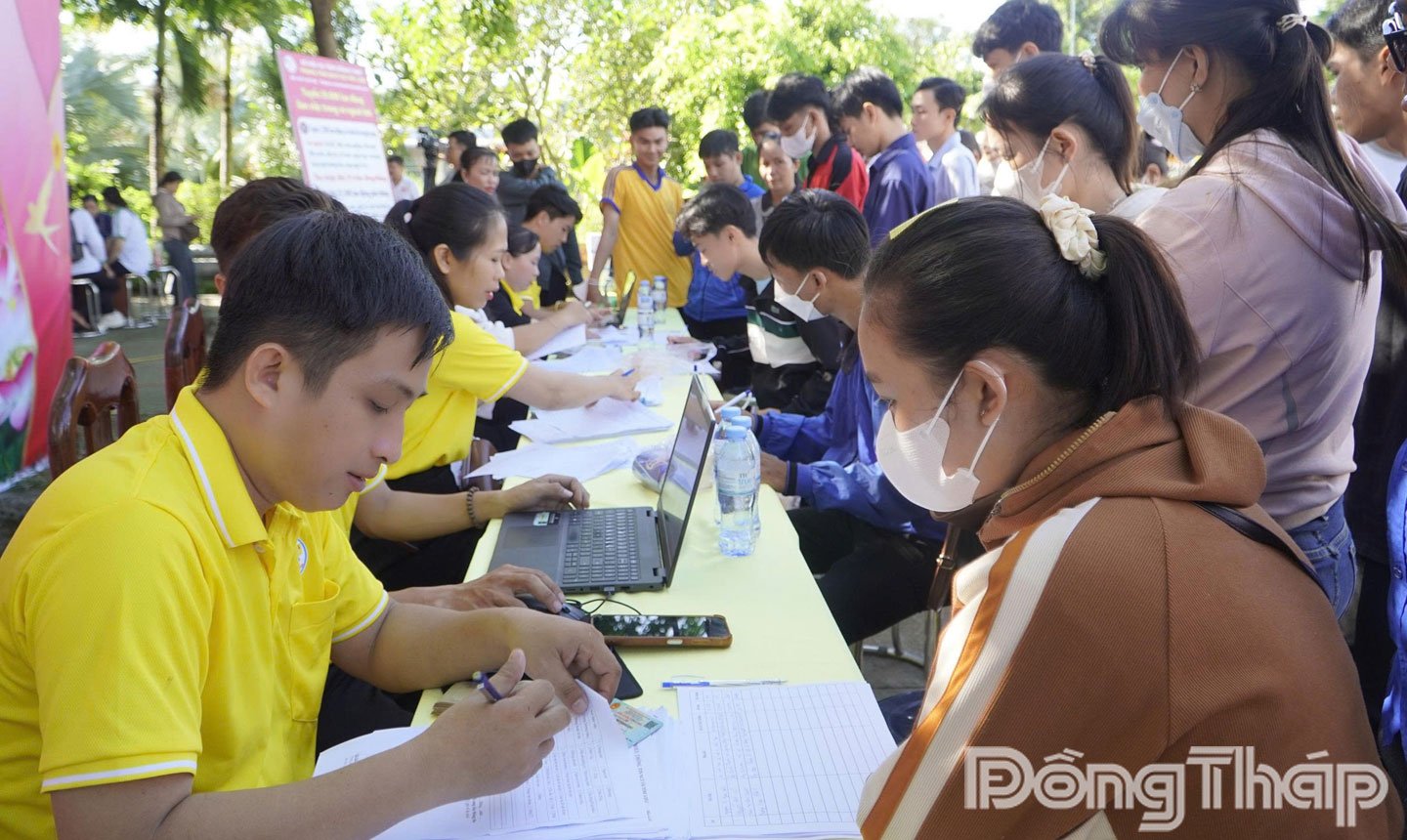

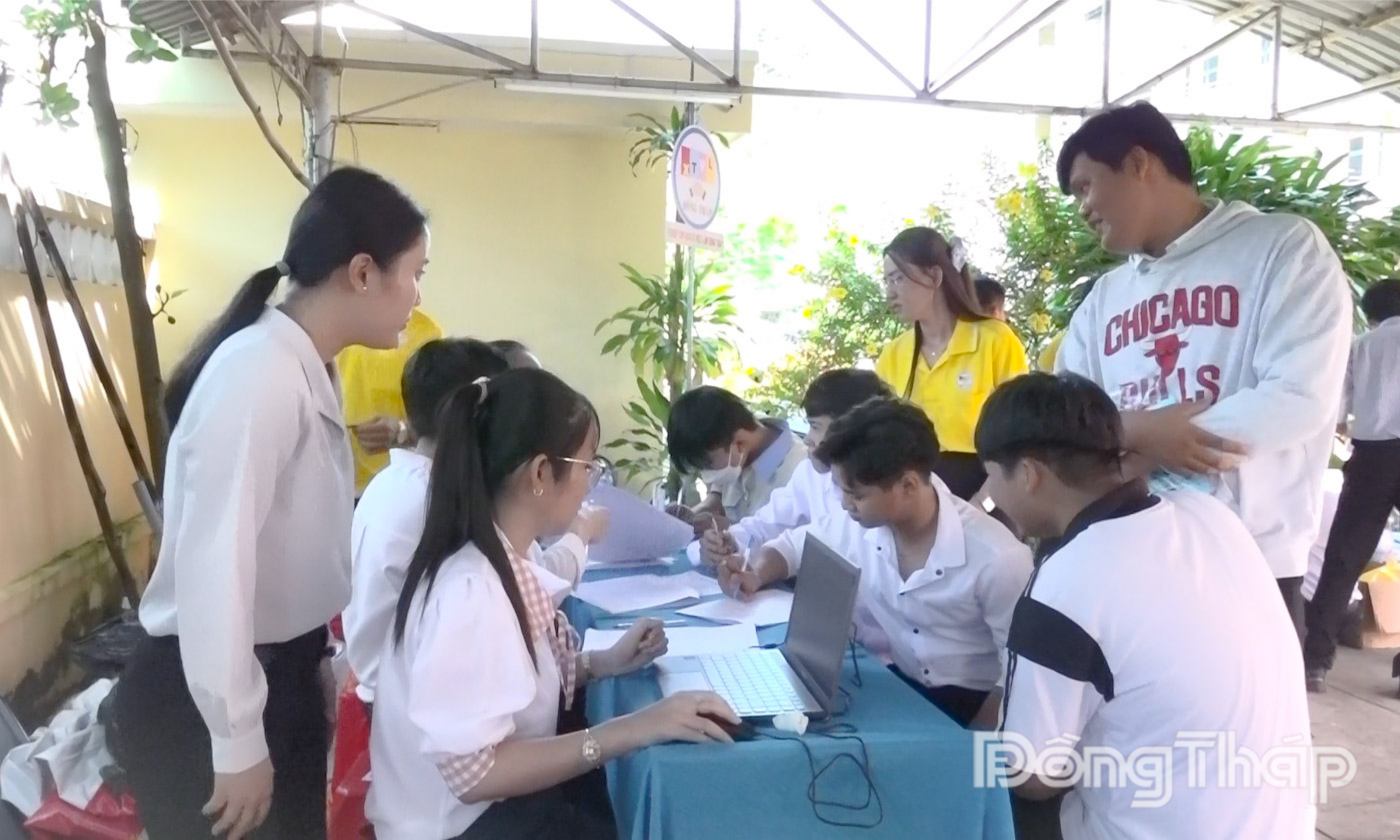














Comment (0)